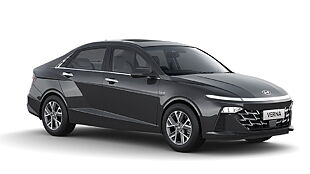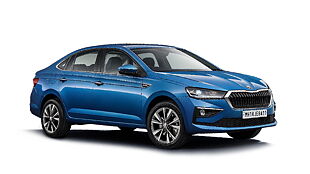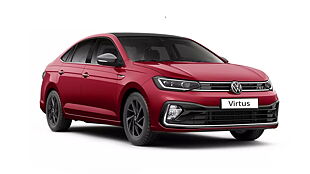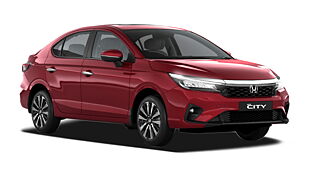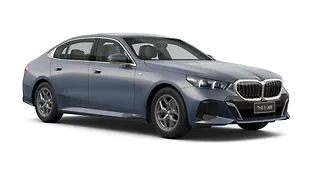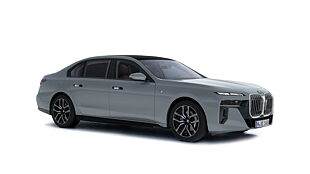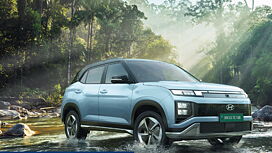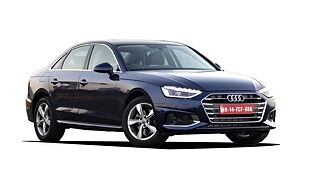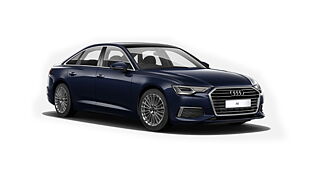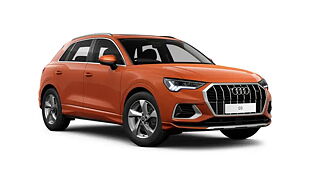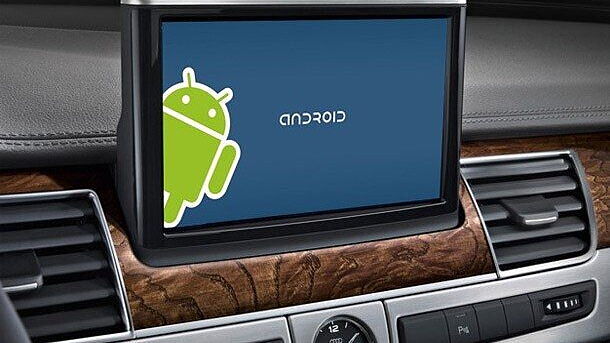
It’s not enough that for every tiny of bit of information we turn to the Internet giant Google. After dealing with bits and bytes it is now turning its attention to cars and integrating the Android technology with driving. What it aims to do is make tech companies and auto industry leaders join forces to see the connected car become a reality in 2014.
Ambitious plans, most may say, but the groundwork has already started and automakers have already chosen sides. Google has teamed up with Audi, General Motors, Hyundai and Honda to form the Open Automotive Alliance. With the help of chipmaker NVIDIA, the group aims to bring Google's Android operating system to the auto industry on a large scale. OAA's press release says, "timing for each automaker will vary". Enough for us to speculate that 2014 end could very well end with us getting a glimpse of the first Android-equipped vehicle.
For those who have been following Google’s new efforts may also know of how its rival, Apple, is also in this race. Apple recently announced its plan to collaborate with car manufacturers to ‘integrate’ its iOS devices into the cars and then Google went ahead and announced its partnership with Audi regarding an on-board entertainment system.
The press release also adds that OAA is dedicated to a common platform that will drive innovation, and make technology in the car safer and more intuitive for everyone. The OAA is aimed at accelerating auto innovation with an approach that offers openness, customisation and scale.
Most carmakers were sounding pretty pleased with this alliance. "We are very pleased to join this alliance with Google as a founding member because Honda is committed to providing the very best connected-car experience to our customers," said Yoshiharu Yamamoto, president, CEO and director of Honda R&D Co., Ltd. "The Honda team is looking forward to collaborating with Google and all OAA members to help advance the safety, value and ease of use of connected-car technologies."
"Millions of people are already familiar with Android and use it every day," said Sundar Pichai, SVP of Android, Chrome & Apps at Google. "The expansion of the Android platform into automotive will allow our industry partners to more easily integrate mobile technology into cars and offer drivers a familiar, seamless experience so they can focus on the road."
The OAA has invited other automakers to join their endeavour but it causes us also to take a moment and think of how driving would be affected due to the integration of such technology. Would it be more of a hamper than a boon? Probably we will get our answers at the end of the year.

![Audi A3 [2014-2017] Image Audi A3 [2014-2017] Image](https://imgd.aeplcdn.com/272x153/cw/cars/audi/a3.jpg?q=80)
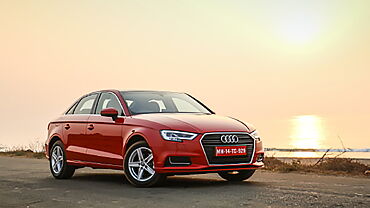





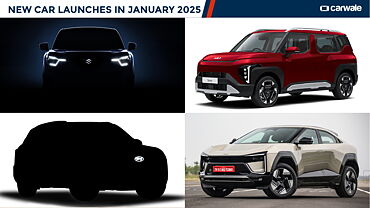
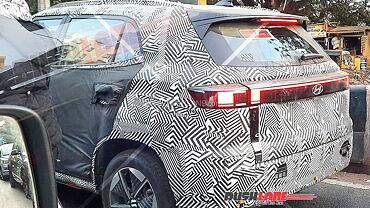
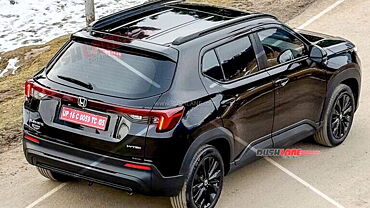





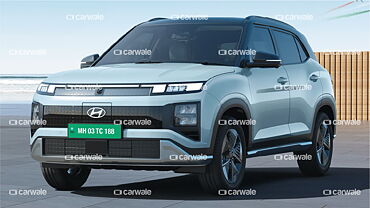
![Audi A3 [2014-2017] Right Front Three Quarter Audi A3 [2014-2017] Right Front Three Quarter](https://imgd.aeplcdn.com/199x112/ec/34/11/13533/img/m/Audi-A3-Right-Front-Three-Quarter-48942_ol.jpg?v=201711021421&q=80)
![Audi A3 [2014-2017] Rear View Audi A3 [2014-2017] Rear View](https://imgd.aeplcdn.com/199x112/ec/34/11/13533/img/orig/Audi-A3-Sedan-Rear-view-28028.jpg?v=201711021421&q=80)
![Audi A3 [2014-2017] Left Side View Audi A3 [2014-2017] Left Side View](https://imgd.aeplcdn.com/199x112/ec/34/11/13533/img/orig/Audi-A3-Sedan-Left-Side-View-28026.jpg?v=201711021421&q=80)
![Audi A3 [2014-2017] Interior Audi A3 [2014-2017] Interior](https://imgd.aeplcdn.com/199x112/ec/34/11/13533/img/orig/Audi-A3-Sedan-Interior-28027.jpg?v=201711021421&q=80)
![Audi A3 [2014-2017] Steering Wheel Audi A3 [2014-2017] Steering Wheel](https://imgd.aeplcdn.com/468x263/ec/b1/FB/13840/img/orig/Audi-A3-sedan-29222.jpg?v=201711021421&q=80)


